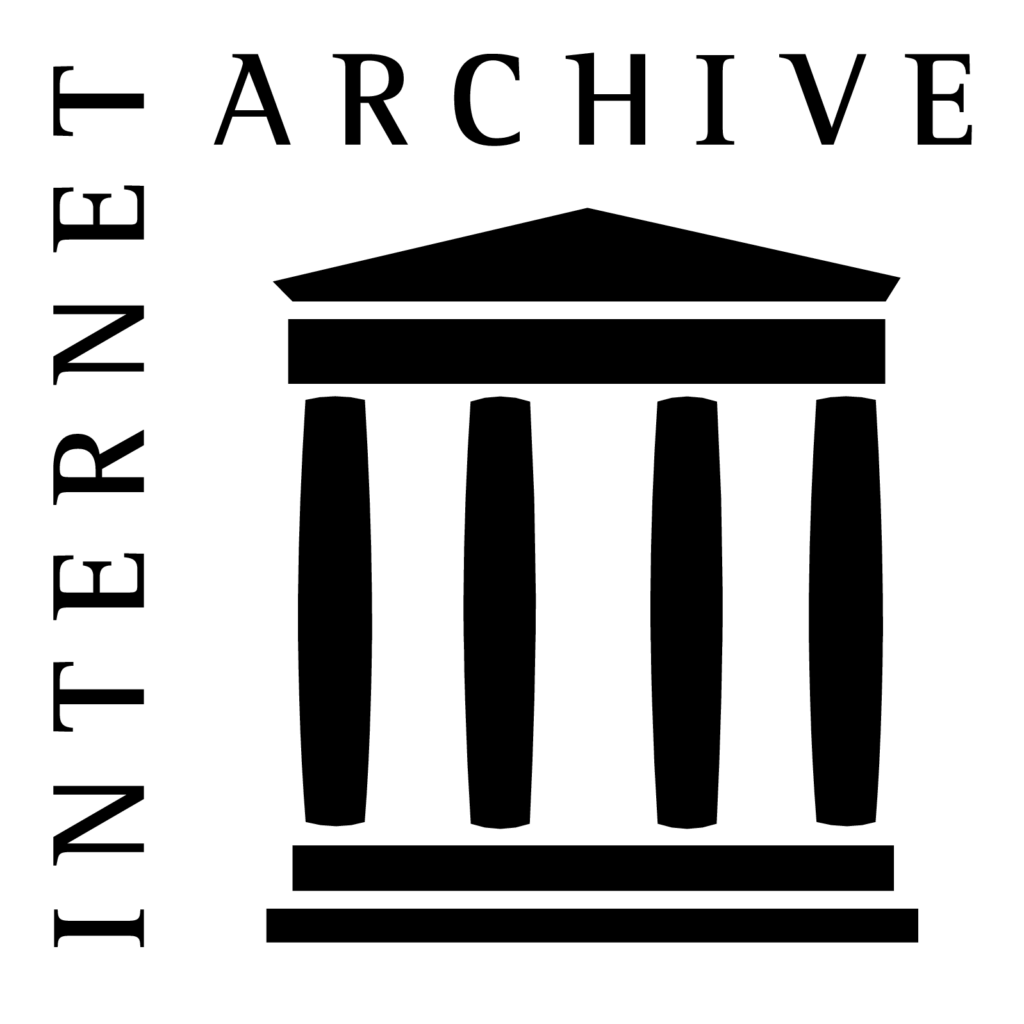
This is a short update on the Hachette v. Internet Archive controlled digital lending lawsuit, which is currently pending on appeal before the Second Circuit Court of Appeals. The court held oral argument in the case today. [July 2 update: a recording of the hearing is available here.]
We’ve covered the background of this suit numerous times – it is in essence about whether it is permissible for libraries to digitize and lend books in their collections in a lend-like-print manner (e.g., only providing access to one user at a time based on the number of copies the library owns in print).
At this point, both parties have fully briefed the court on their legal arguments, bolstered on both sides by numerous amicus briefs explaining the broader implications of the case for authors, publishers, libraries, and readers (you can find the full docket, including these briefs online here).
Our amicus brief, which received a nice shout-out from Internet Archive’s counsel in oral argument today, was filed in support of the Internet Archive and controlled digital lending, argues that many authors benefit from CDL because it enhances access to their work, aids in preservation, and supports their efforts to research and build upon existing works to create new ones.
What happened at oral argument
Compared to the District Court proceedings, this oral argument went much better for Internet Archive. Whether Internet Archive will prevail is another question, but it did seem to me the panel was genuinely trying to understand the basic rationale for CDL, whether there is a credible argument for distinguishing between CDL copies and licensed ebooks, and what kind of burden the plaintiff or defendant should bear in proving or disproving market harm. Overall, I felt the panel gave both sides a fair hearing and is interested in the broader implications of this case.
A few highlights:
- It almost seemed that the panel assumed the district court got it wrong when it concluded that Internet Archive’s use was commercial in nature, rather than nonprofit (an important distinction in fair use cases). The district court adopted a novel approach, finding that IA’s connection with Better World Books and its solicitation of donations on webpages that employ CDL pushed it into the “commercial” category. The panel on appeal seemed skeptical, for example, commenting on how meager the $5000 was that Internet Archive actually made on the arrangement. Looking beyond controlled digital lending, this is an important issue for all nonprofit users, and I’m hopeful that the Second Circuit sees the importance of correcting the lower court on this point.
- At least some members of the panel seemed to appreciate the incongruity of a first sale doctrine that applies only to physical books but somehow not to digital lending. One particularly good question on this, directed to the publishers’ counsel, was about whether in the absence of section 109, library physical lending would be permissible as a fair use or otherwise. This was helpful, I think, because it stripped away the focus on the text of 109 and refocused the discussion on the underlying principles of exhaustion–i.e., what rights do libraries and other owners of copies get when they buy copies.
There were also a few concerning exchanges:
- At one point, there was a line of questioning about whether fair use could override or provide for a broader scope of uses than what Congress had provided to libraries in Section 108 (the part of the copyright act that has very specific exceptions for things like libraries making preservation copies). Even the publishers’ lawyer wasn’t willing to argue that libraries’ rights are fully covered by Section 108 of the Copyright Act and that fair use didn’t apply–likely because of course that issue was addressed directly in Authors Guild HathiTrust, and she knew it–but it was a concerning exchange nonetheless.
- The panel also had lots of questions about whether CDL is a “transformative use” under the existing caselaw, looking to cases like Andy Warhol Foundation v. Goldsmith for guidance. The Second Circuit has in fact stated before that technology that enhances the efficiency of access to a work for someone who is entitled to it may well be considered transformative, but I’ve never been convinced that “transformative use” is the strongest rationale for CDL, and though it certainly has some application, it may be distracting if the court is hyper-focused on transformative use at the expense of all the other really good reasons why CDL should be favored as a fair use (because of its educational benefits, non-commercial nature, and broad public benefits).
I also came away with several questions:
- Each member of the panel asked probing questions to both sides about the importance of market harm and, more specifically, what kind of proof is required to demonstrate market harm to the publishers. It was hard to tell which direction any were leaning on this–while there was some acknowledgment that there wasn’t really any hard evidence about the market effect, members of the panel also made several remarks about the logic of CDL copies replacing ebook sales as being common sense.
- The panel asked a number of questions about the role of fair use in responding to law new technology. Should fair use be employed to help smooth over bumps caused by new technology, or should courts be more conservative in its application in cases where Congress has chosen not to act? Despite several questions about this issue, I came away with no clear read on what the panel thought might be the correct framework in a case like this.
It’s folly to predict, but I came away optimistic that the panel will correct many of the errors from the District Court below.
Discover more from Authors Alliance
Subscribe to get the latest posts sent to your email.
